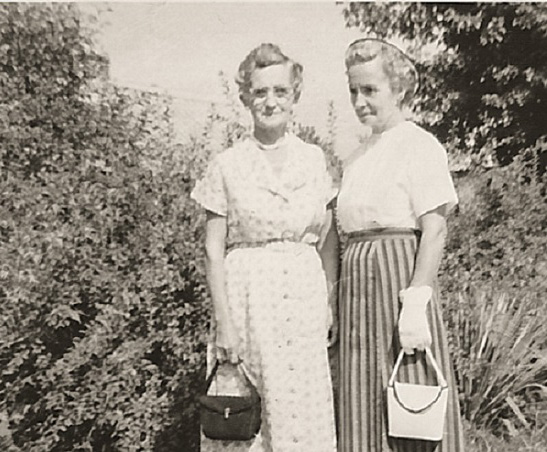Ruffled Feathers
Notice this bird’s ruffled feathers. The bird may feel mad or scared. It may want to appear stronger if it fears attack. Or a blowing wind may have caused the feathers to stick out. It makes me think of people on bad-hair days.
If we have ruffled feathers, we feel angry or frightened.
Circumstances or people make us:
- Annoyed
- Upset
- Aggravated
- Afraid
We don’t like what they did or how they did it. They get our goat by irritating us with their words or behavior. Or they scare us.
Riled up has a similar meaning.
Occasionally we combine the two by saying, “Don’t get your feathers all riled up.” Such reactions may occur about:
- Wars
- Insults
- Politics
- Injustice
- Negative reactions to anything or anyone we love
Rather than rile or ruffle feathers, let’s try to calm or smooth them.
- Bury the hatchet.
- Seek peace.
- Compromise when appropriate.
- Remain cool as a cucumber.
- Show respect for others, even if we disagree.
Bad hair days cause no real harm. Ruffled feathers can.
“Blessed are the peacemakers, for they will be called children of God” (Matthew 5:9 NIV).
Thanks to Beverly Ennis for the suggestion and the photo.
Do you have an expression you want explained or a thought about this one? If so, please comment below.
Subscribe to receive my weekly posts by email and receive a free copy of “Words of Hope for Days that Hurt.”
If you enjoyed this post, please share it with your friends.









